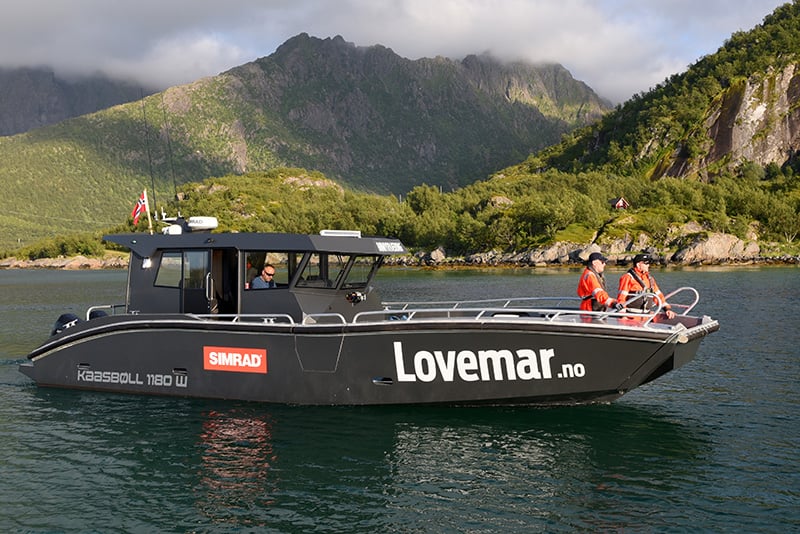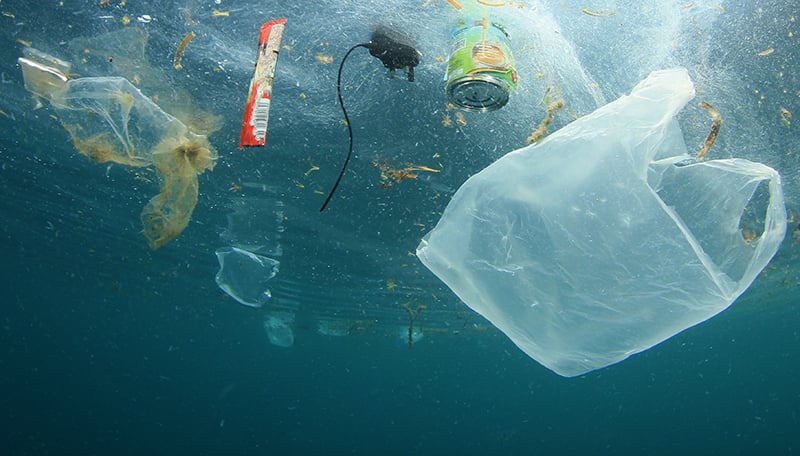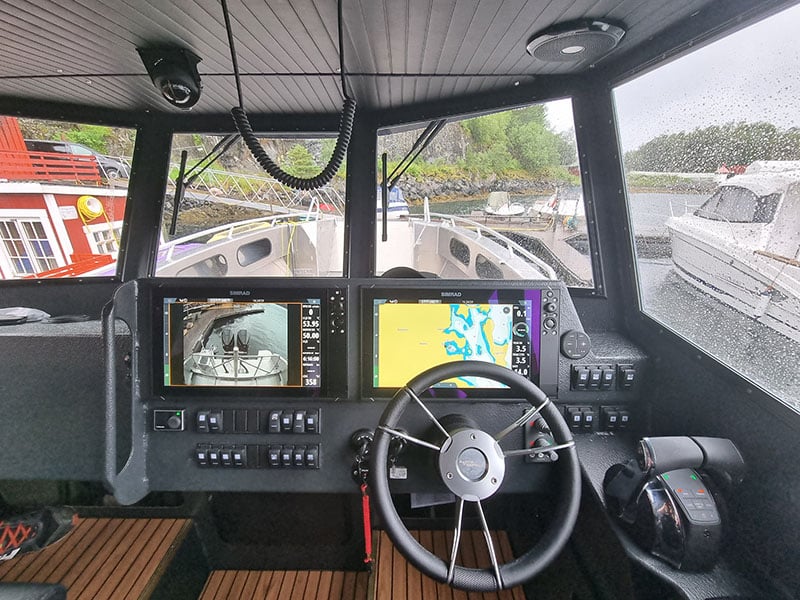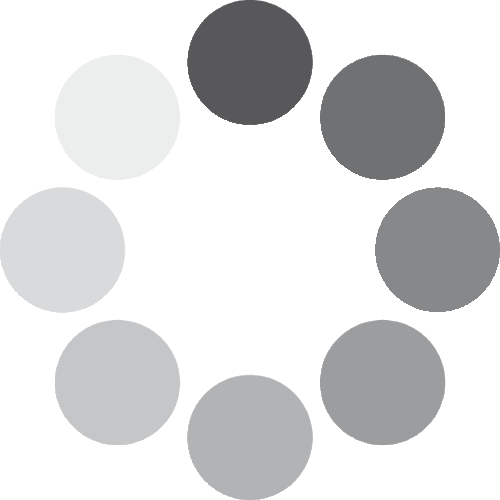Kaasbøll and LoVeMar
A project of significant technical achievement and sustainability has been created through the partnership between Simrad Yachting, leading Norwegian technology business LoVeMar AS and aluminium boatbuilder, Kaasbøll Boats AS. The trio has worked together to produce a technically advanced boat that has the impressive ability to clear marine debris night and day in all conditions encountered in coastal North Sea waters.


Providing the means to Clean-Up Norway
The impetus for this exceptional boat was the national Clean-Up Norway programme, backed by Handelens Miljofond, Norway's most significant private environmental fund. It specialises in financing and supporting projects that measurably reduce plastic waste and increase plastic recycling.
The programme was launched in Lofoten on 22 September 2020 by the Minister of Climate and Environment, Sveinung Rotevatn. It targets clearance of at least 40 per cent of the outer coasts of Norway and Svalbard and high priority watercourses by the end of 2023. The work will range across 12 regional projects with a total budget of NOK 300 million.
It's one thing to have the funding but quite another to develop the tools for the delivery, which is where the expertise of the project’s partner’s count.
Rugged boat built for the purpose
Kaasbøll Boats was born in 1991 and has grown into one of Norway's most experienced manufacturers of small boats in aluminium. Today it produces rugged leisure and marine fast outboard-powered craft from 5.9m-13.5m in service throughout Europe from Svalbard in the north to Spain in the south.
To fulfil the challenging requirements of the Clean-Up Norway project, the company designed and built an 11.8m workboat with a landing craft bow complete with a ramp, large open forward deck and protective wheelhouse aft. The hull is sturdy enough to cope with being run up on the foreshore, while a pair of Mercury 300hp four-stroke petrol outboards provide the required power to operate safely in a wide variety of conditions.
Marine debris collection
LoVeMar founder Torstein Hansen has deep roots in solving environmental issues, having invented and developed an oil-spill collection device called the 'Ringnotlensa' back in the 1970s. Terje Olav and Michal, son and grandson of Torstein, have built on their father's passion for the sea by developing the means of cleaning marine plastic waste from oceans, rivers and beaches.
LoVeMar's solution for the project boat includes a sizeable U-shaped boom sweeper system to collect marine debris and a floating conveyor belt that transports waste from land to vessel in roadless areas. The conveyor can also transport equipment or serve as a walkway for the beach cleaners who collect plastic rubbish ashore.
Safety and efficiency
Simrad® marine electronics were specified for this project because of their proven reputation for rugged, reliable and accurate performance capable of withstanding the demands of a commercial operation and the harshest weather conditions. Clean-Up Norway operations also reflect the company’s belief in using state-of-the-art electronic technology to deliver a measurable difference to the health of the oceans.
The project boat's equipment had to satisfy the demands of safely operating in Norway's often dangerous and changeable coastal environments, around the clock, in adverse fog conditions and the long nights of winter. For those reasons, the project team selected Simrad's HALO20+ 36nm pulse compression radar to provide highly accurate and reliable images of the sea and coast.
At the helm, a Simrad® NSSevo3S™ multifunction display provides the crew with all essential mission information, from radar and sonar to navigation charts. A fully integrated autopilot offers the capability to map out specific waste recovery areas with optimum efficiency.

Project commencement
This unique partnership supplied the first of three boats for the operation earlier this year. Bømyrværing arrived in Bømyra after a long journey up the Norwegian coast in bad weather from the boatyard in Hitra at the end of July. She tested collecting marine waste from the quay and beach zone and then moved on to her first assignment at Rekvika in the Andøy region of Norway, where she retrieved more than 30m3 of marine waste. Bømyrværing is now continuing her hunt for rubbish and plastics around the island of Andøya.
You can follow progress on LoVeMar's Facebook page.
LoVeMar is now employing five people on the clean-up, and the local municipalities will be engaging around 10 people for beach clean-up duties. In addition to the targeted benefits of litter and plastics reduction, the presence of these very efficient boats will create enhanced awareness among the broader population regarding the fragility of our oceans.
















